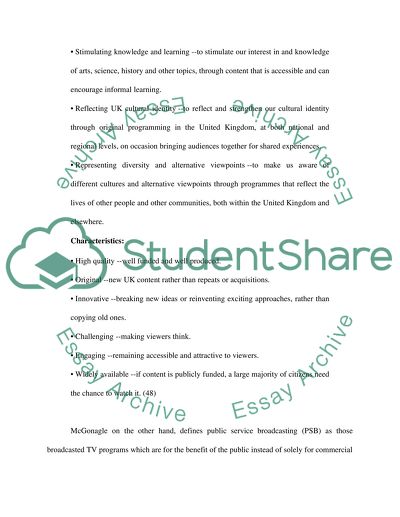Cite this document
(“The Relationship between the BBC and Public Broadcasting Corporation Essay”, n.d.)
Retrieved from https://studentshare.org/visual-arts-film-studies/1403029-media-law
Retrieved from https://studentshare.org/visual-arts-film-studies/1403029-media-law
(The Relationship Between the BBC and Public Broadcasting Corporation Essay)
https://studentshare.org/visual-arts-film-studies/1403029-media-law.
https://studentshare.org/visual-arts-film-studies/1403029-media-law.
“The Relationship Between the BBC and Public Broadcasting Corporation Essay”, n.d. https://studentshare.org/visual-arts-film-studies/1403029-media-law.


